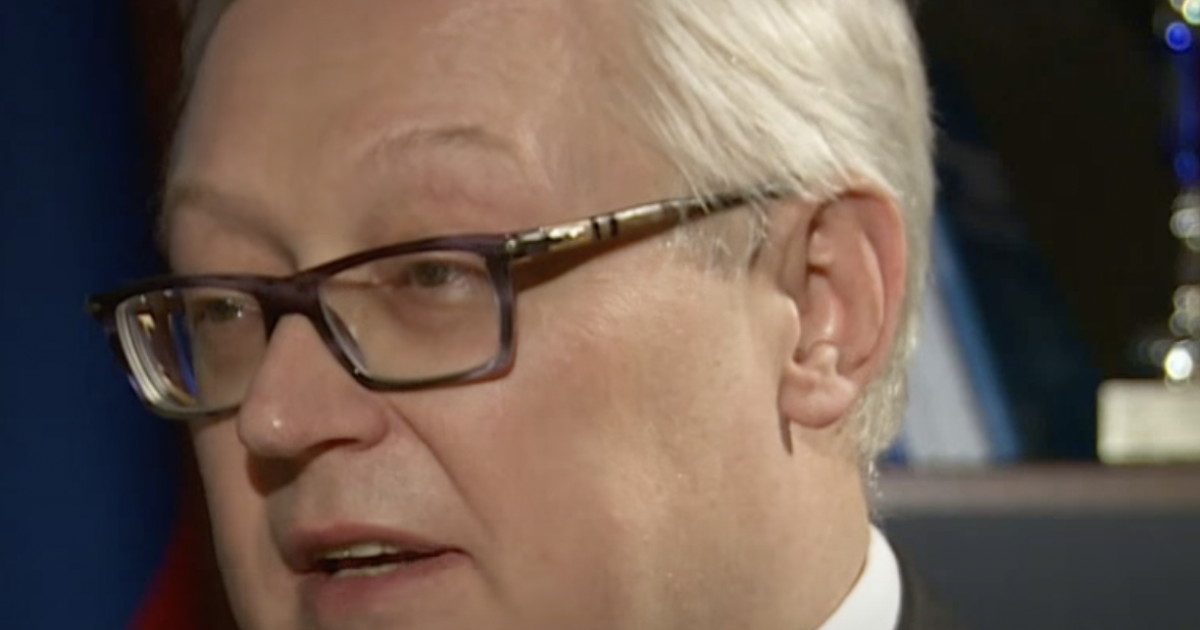
Play stupid geopolitical games, win stupid geopolitical prizes.
That’s been the nature of the US government’s fantastical foreign policy since the Cold War ended.
One of the bizarre facets of American policy from the collapse of the Soviet Union into the present is the DC Blob’s obsession with sticking it to Russia by expanding North Atlantic Treaty Organization (NATO) and trying to subvert countries within its historic sphere of influence via color revolutions.
Even into the first month of 2022, tensions between Russia and the West continue to heat up. Talks between Russia and NATO have broken down, which has compelled Russia to get creative. For example, Russia is now entertaining the idea of deploying military assets to Cuba and Venezuela, to show the US what it’s like to have bases in its traditional sphere of influence.
In a Wall Street Journal piece, Russian Deputy Foreign Minister Sergei Ryabkov said that Russia is flirting with the idea of sending “military infrastructure” to Cuba and Venezuela in light of heightening tensions between Ukraine and Russia.
Russia is using this move in response to what it perceives as an intolerable threat in NATO’s attempt to incorporate Ukraine into its fold.
The WSJ quoted an interview that Ryabkov did with the Russian television network RTVI.
“I don’t want to confirm anything, I will not rule out anything…Depends on the actions of our American colleagues,” Ryabkov said in interview with the media outlet.
Russian leader Vladimir Putin “has repeatedly spoken out, including on this topic, about what could be the measures taken by the Russian navy if things go completely in the direction of provoking Russia and further increasing military pressure on us,” Rybakov added.
The Russian foreign policy emissary stressed that he did not want this hypothetical scenario to transpire, but warned that “the diplomats must come to an agreement.”
In December, Ryabkov went before reporters and said that Russia and the US could wind up in a similar situation to that of the Cuban Missile Crisis. But this time in reverse.
Furthermore, Ryabkov is not very sanguine about the prospects for future talks with the US, following multiple rounds of negotiations producing little of substance when it came to easing tensions between Ukraine and Russia.
Russia has engaged in a military build up on its border with Ukraine, in which it has deployed over 100,000 troops in the area, as a response to what it perceives as a threat from NATO members.
Chief among Moscow’s demands is for NATO to stop expanding its presence in former Soviet republics such as Georgia and Ukraine and members of the former Warsaw Pact. Western nations have rejected Moscow’s demands for years.
While it’s unlikely that Russia will deploy troops to Cuba and Venezuela, it’s using such a threat to show the US the harsh nature of geopolitics.
The “End of History” environments of the 1990s, where geopolitical conflict was assumed to be dead in the water and spheres of influence were viewed as relics of the past, was an illusion at best.
As long as great powers exist, they will exert considerable influence in their immediate vicinity. When these powers are threatened by an external actor, they can potentially respond by sending military assets to said external actor’s backyard.
That’s the cold, hard truth about geopolitics. Countries that play these geopolitical games eventually get burnt.
The US’s constant meddling abroad could potentially see itself facing off against a balancing coalition of countries that will oppose its machinations abroad. This coalition will be led by Russia and China and will no longer tolerate Washington’s interventionist schemes abroad.
The days of unipolarity are over.



